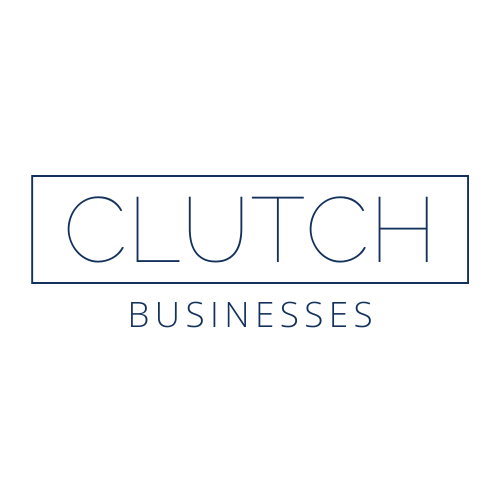WARNING. This episode might be a little controversial! My guest and I may end up convincing you that the assistant or 10 extra staff members you’ve been dreaming about may not answer your business woes.
Our guest found all the things we help our clients find; more time, more money and greater fulfillment. But she found it on her own and in an unconventional way.
Janis Isaman is the owner and founder of My Body Couture, a private one-on-one health studio. She helps humans move better, feel better and live better.
I want to draw special attention to the fact that she’s making more money, has less stress and is spending way more time with her son, her photography and writing. ALL the things.
Watch now to hear all the juicy details. You’ll be surprised.
If you’re interested in working with Janis, visit her at www.mybodycouture.com
Please remember I believe in you and your business.


